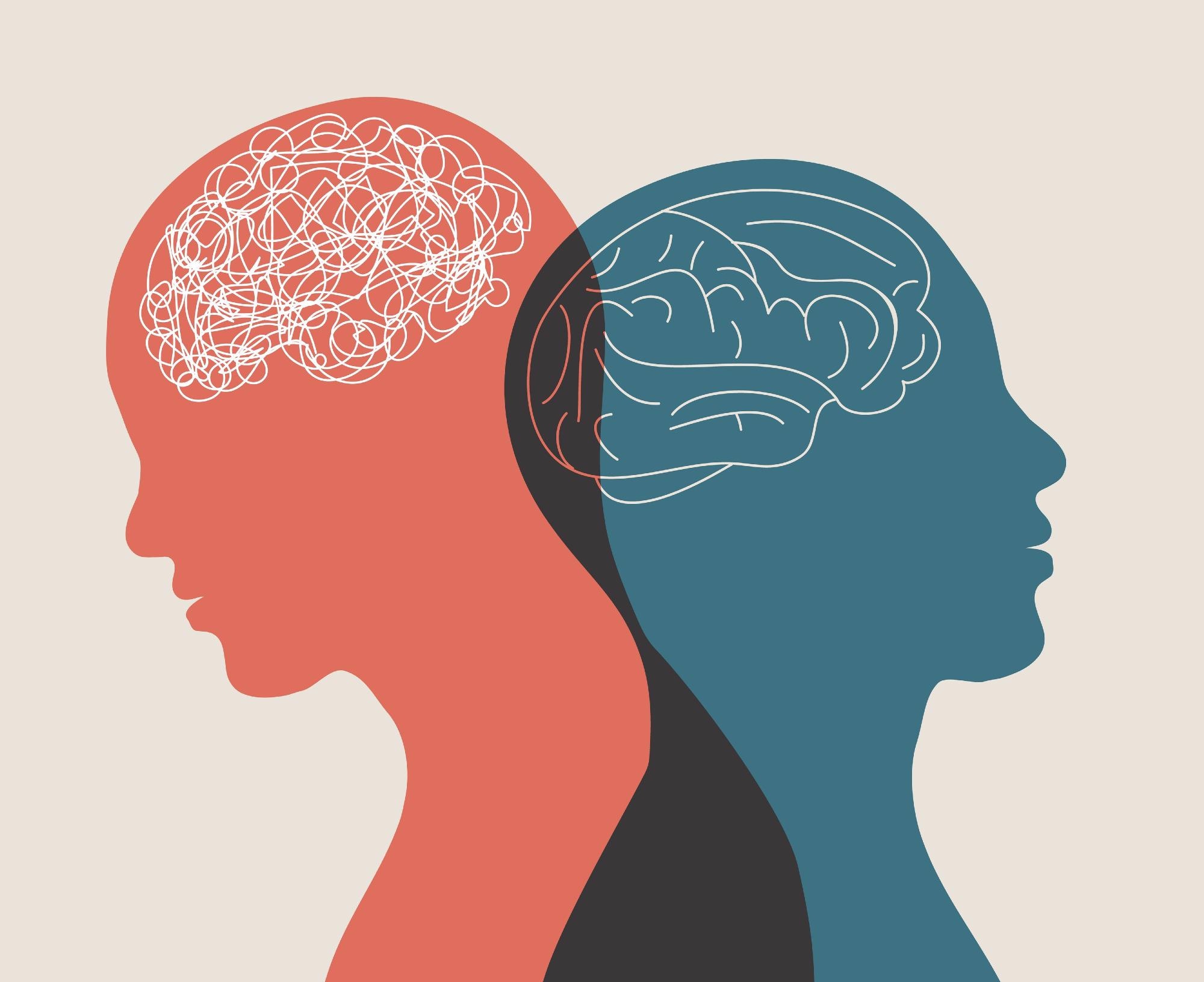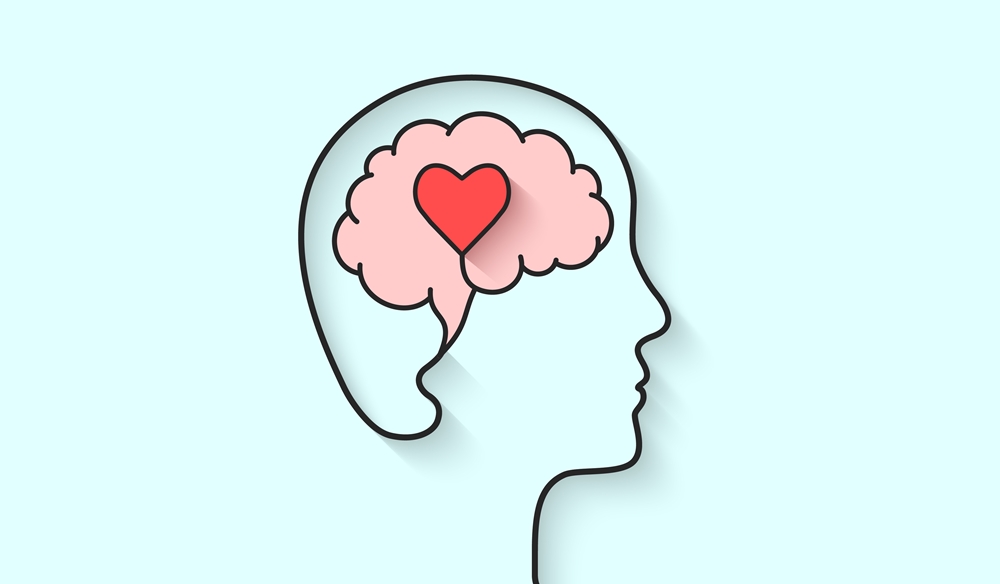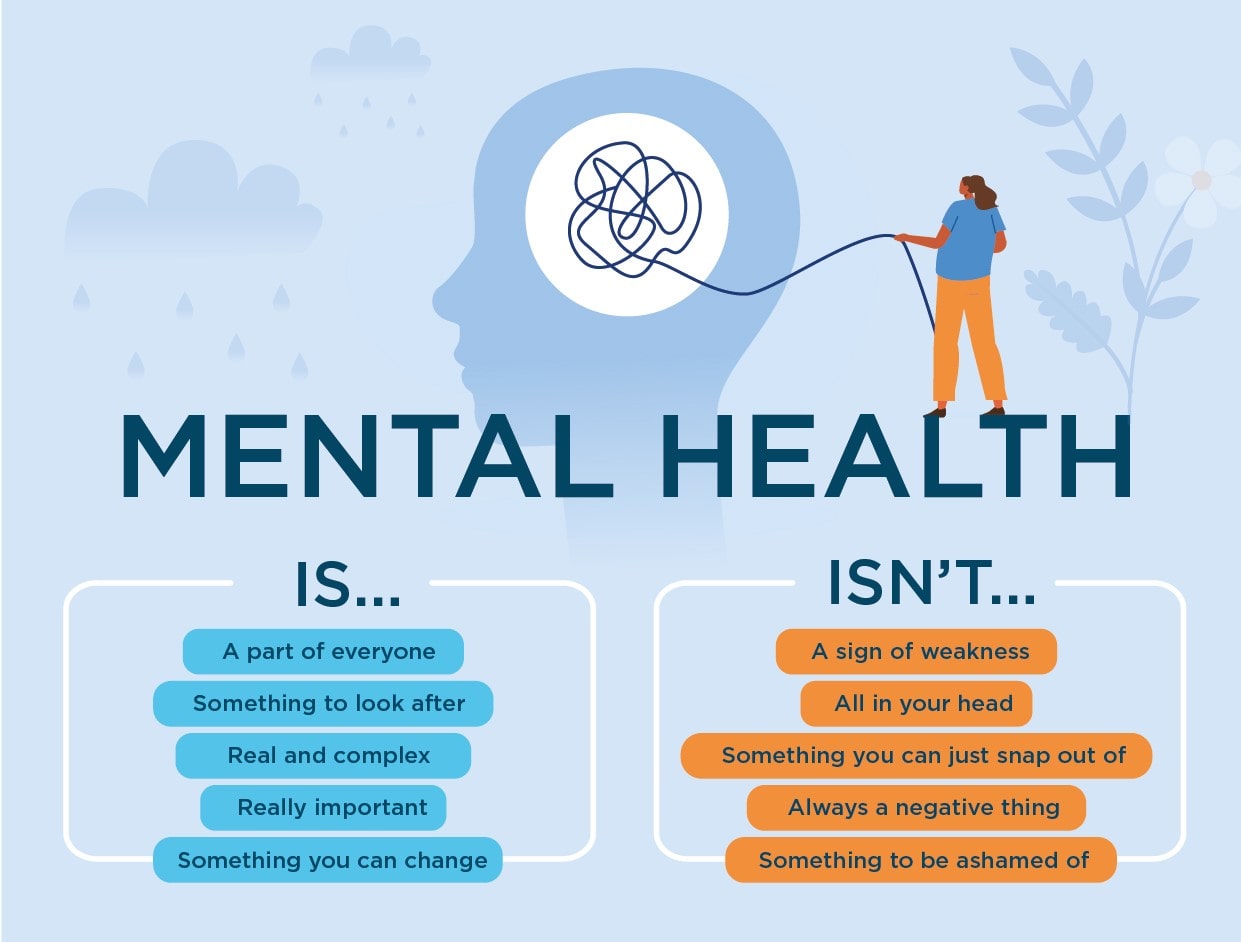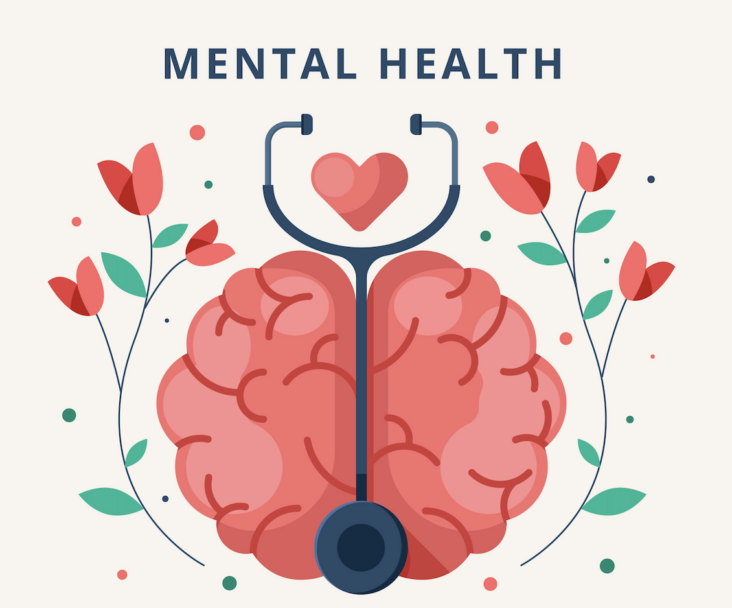Exercising isn’t just good for your physical health- it can also have a positive effect on your mental well-being! From reducing stress and anxiety, to improving self-esteem and mood, staying active is a great way to boost your mental health. In this article, we’ll explore the various ways that fitness can help to improve your mental health, and why it should be an essential part of your self-care routine.
The Link Between Physical and Mental Health

Having a fitness routine can have a positive impact on our mental health. It’s no secret that exercise can help reduce stress, anxiety and depression. Studies have shown that physical activity can improve mood, reduce symptoms of depression and anxiety, and increase self-esteem. Furthermore, regular exercise has been linked to better sleep and improved cognitive function. The link between physical and mental health is clear – when we take care of our physical wellbeing, we are also taking care of our mental wellbeing. So if you’re looking to boost your mental health, make sure to incorporate physical activity into your daily routine.
The Benefits of Exercise on Mental Health

Exercising regularly can do wonders for your mental health. Not only does it boost your mood and make you feel better, but it can also help with anxiety, depression, and stress. Working out can help reduce stress hormones like cortisol and adrenaline, while releasing feel-good endorphins. This can help you relax and feel better overall. Additionally, exercising can help clear your mind and allow you to focus on your goals. It can give you a sense of accomplishment and help you feel more in control of your life. Exercise can also help you sleep better, which is important for both physical and mental health. All of these benefits can help you lead a healthier, happier lifestyle. So get up, get moving and reap the rewards that exercising has to offer for your mental health.
How Fitness Improves Mood and Confidence

Fitness is great for improving your mood and confidence. Working out releases endorphins, which help you to feel good and improve your emotional state. Additionally, when you hit a fitness goal, you get a sense of accomplishment which can boost your self-esteem and make you feel more confident. Exercise also helps to reduce stress and anxiety, which can have a positive effect on your emotional well-being. Going to the gym or participating in a workout class with friends can also be a great way to socialize, which can help you to feel more connected and less isolated. Fitness is an awesome way to take control of your mental health and positively impact your life.
Strategies to Incorporate Fitness Into Your Routine

If you’re looking to start incorporating fitness into your routine, it’s important to take it slow and find an activity that you actually enjoy. Start by looking at different sports or exercises, like biking, running, or swimming, and find one that appeals to you. Once you’ve found something that you like, set up a plan and figure out when and where you can fit it into your schedule. Make sure to give yourself realistic goals and reward yourself for reaching them to stay motivated. And don’t forget that having a buddy or joining a class can help keep you on track and make it more fun. So, don’t be afraid to get out there and make fitness a part of your life!
Understanding Mental Illness and How Exercise Can Help

It’s no secret that mental health can be a tricky thing to navigate. Whether you’re dealing with depression, anxiety, or any other mental illness, the condition can be all-consuming and sometimes hard to understand. That’s why it’s so important to take care of yourself and your mental health. One of the best ways to do this is through exercise. Exercise can help reduce stress, improve sleep, and boost your overall mood, making it a great tool to help manage mental illness. Plus, exercise can also help you focus and become more productive, which can be a huge help if you’re struggling with concentration or motivation. So don’t be afraid to get active and take charge of your mental health by incorporating exercise into your routine. It might just be the key to better mental wellness.




